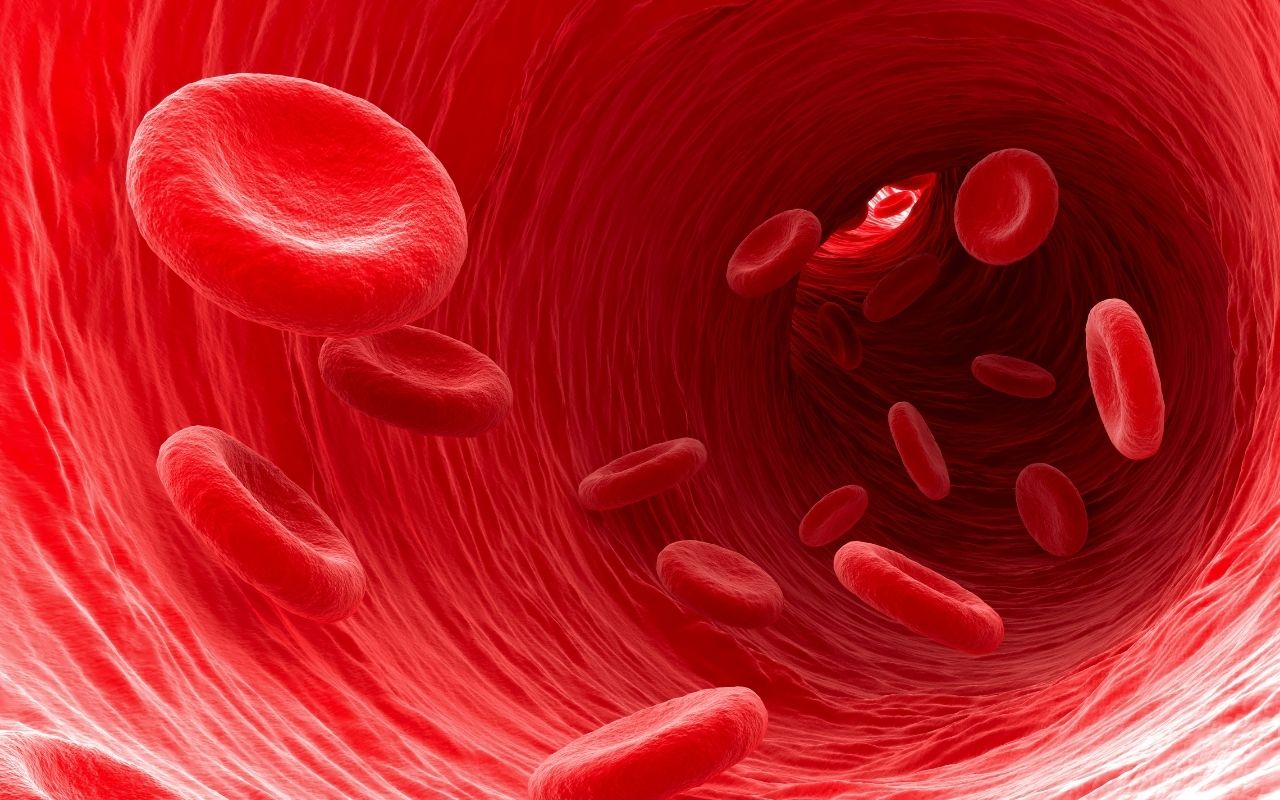The good news is: you can. Memory is not a fixed trait you’re born with—it’s a skill you can train and significantly improve through consistent habits. In this article, we’ll explore 5 powerful techniques to help you remember better, boost work efficiency, and reduce your dependence on note-taking.
Why Do We Forget So Easily?
Before learning how to remember better, it’s important to understand why we forget in the first place:
- Information overload: When the brain takes in too much at once, it struggles to encode and retain information.
- Poor sleep and chronic stress: These impair the hippocampus—the brain’s memory center—reducing memory performance.
- Lack of physical activity and nutrition: The brain needs oxygen and nutrients to function well. Poor blood flow and nutritional deficiencies affect memory.
- Over-reliance on technology: When we use digital tools for every detail, the brain becomes “lazy” and stops practicing retention.
Once you identify what’s hurting your memory, you can apply the right techniques to strengthen it.
5 Secrets to Remember Better and Work Faster Without Taking Notes
Visual Memory – A Fast-Track Technique Used by Memory Champions
Our brains process images far faster than text. Converting abstract information into concrete visuals makes it easier to remember and recall.
How to apply:
- Visualize concepts in your mind when learning new material.
- Use mind maps instead of traditional note lists.
- Link new information with colors, symbols, or locations (the “memory palace” method).
Example: Want to remember five productivity principles? Imagine placing five objects in five different rooms of your home, each representing one principle.
Why it works: This method is used by public speakers, law students, and medical students to retain large amounts of information without relying on written notes.

A tip for long-term memorization is to remember through images.
Spaced Repetition – The Gold Standard for Long-Term Memory
If you only read something once, you’ll forget up to 80% of it within 24 hours. But reviewing information at scheduled intervals helps encode it into long-term memory.
How to apply:
- Review content after 1 hour, 1 day, 3 days, 1 week, and 1 month (based on Ebbinghaus’ forgetting curve).
- Test yourself by summarizing or asking questions.
- Use apps like Anki or Quizlet that follow a spaced repetition schedule.
Why it works: The more often you recall information at the right moment, the more ingrained it becomes—making notes increasingly unnecessary.
Attach Emotion and Personal Connection to Information
The brain remembers emotionally charged events more vividly than neutral facts. When content feels relevant, interesting, or tied to past experiences, it sticks better.
How to apply:
- Ask yourself, “How does this relate to me?” or “Have I experienced this before?”
- Link new concepts with stories, memories, or even humor to evoke emotion.
- Use storytelling when learning or presenting information.
Why it works: Emotions make information “come alive,” allowing you to retain and recall it more easily—without notes.
Deep Focus in Short Bursts – Work Smarter, Not Longer
Instead of cramming or working non-stop for hours, try the Pomodoro Technique: deep work for 25 minutes, followed by a 5-minute break. This keeps the brain sharp and improves memory encoding.
How to apply:
- Choose a task, set a 25-minute timer.
- Eliminate distractions, focus fully.
- After 25 minutes, take a 5-minute break.
- After four cycles, take a longer break (15–30 minutes).
Why it works: Deep focus activates stronger memory pathways, helping you remember better and reduce your need for notes.
Train Your Brain Like a Muscle
Memory is a function of a healthy, well-nourished brain. If you want to retain more without writing everything down, you must take care of your brain as you would any other vital organ.
How to apply:
- Get enough sleep: 7–8 hours per night helps consolidate memory.
- Exercise regularly: Walking, yoga, or swimming boosts blood flow to the brain.
- Eat brain-boosting foods: fatty fish (omega-3), walnuts, leafy greens, berries, eggs, dark chocolate.
- Manage stress: Use meditation, journaling, or creative hobbies to calm your nervous system.
- Play memory games: Try puzzles, learn a new language, play chess, or draw mind maps.
Why it works: A healthier brain processes and stores information more efficiently, so you can recall details quickly and confidently—without relying on notes.

Improve remember better with tips and memory training games
Common Mistakes That Sabotage Your Memory
- Taking excessive notes but never reviewing them
- Multitasking, which disrupts short-term memory
- Inconsistent sleep or erratic eating habits
- Overusing digital tools and memory aids
- Cramming instead of reviewing over time
Changing these habits—and replacing them with the five strategies above—can significantly boost your memory and productivity in just a few weeks.
Long-term memory is not a special gift—it’s the result of smart, consistent habits. You don’t need a photographic memory or endless sticky notes to perform well at work or school. Start by training your memory with visuals, smart reviews, emotional links, focused work sessions, and brain-friendly routines.







